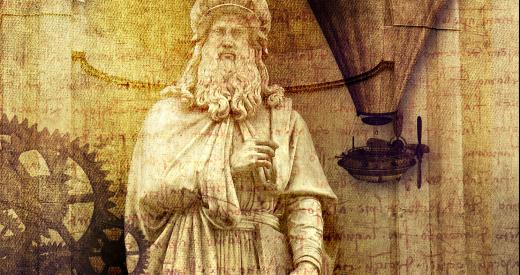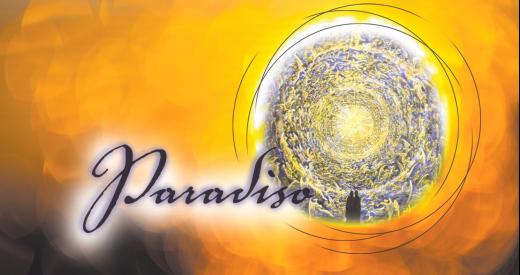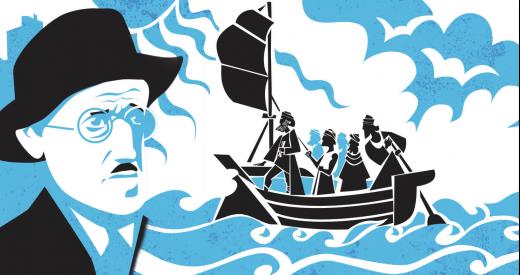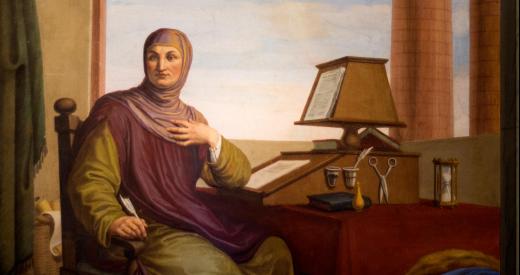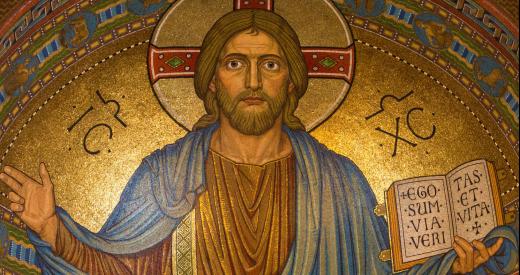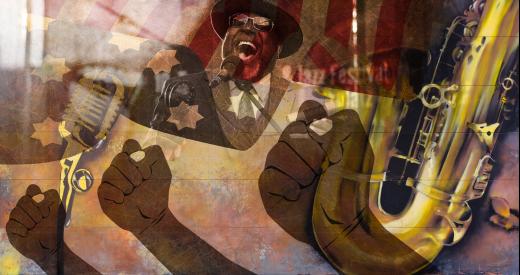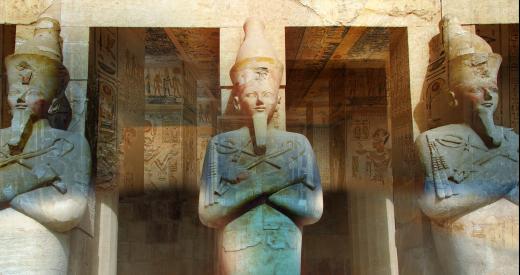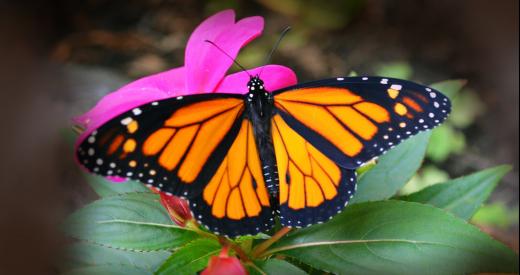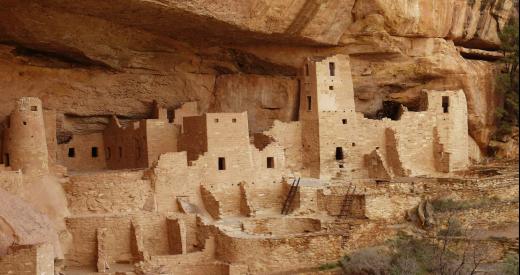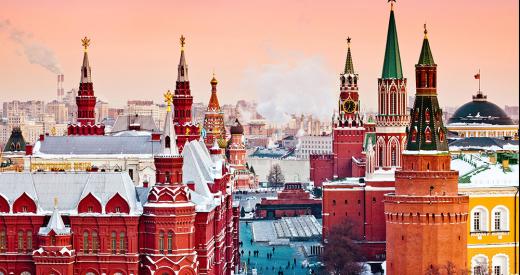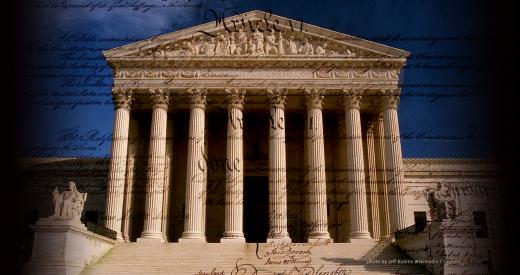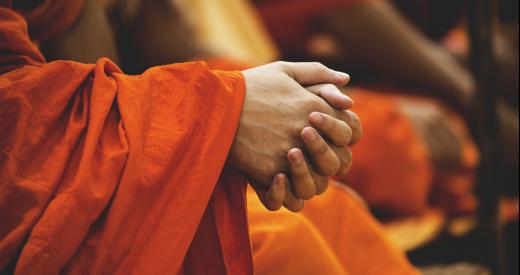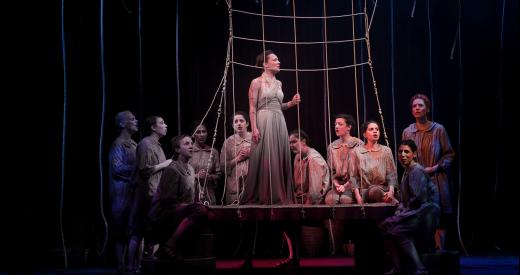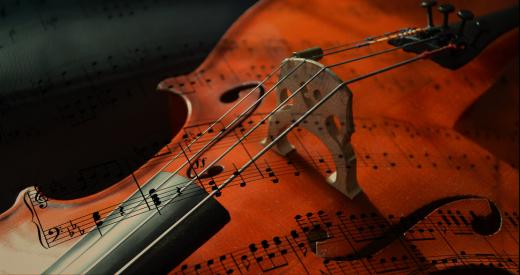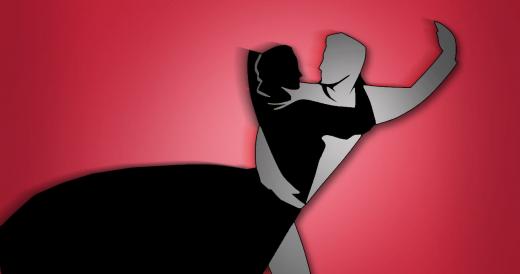Course Archive
Summer 2020
Richard Poss
Fridays
9 AM - 12 PM
Jul 10 to Aug 7
Please Note: Summer 2020 Course Registration Opens Online on Monday, May 11th at 8AM
Leonardo continues to fascinate and provoke, his myriad activities still studied by experts in a wide variety of fields. New discoveries are continually being made about his engineering ideas, his drawings and manuscripts, the provenance of his paintings, and his life and opinions. This seminar will examine Leonardo’s emergence in the context of the ongoing Renaissance in Florence and will follow his life through his movements between Florence, Milan, Venice, and Rome to his eventual residence at Amboise. We...
Fabian Alfie
Thursdays
9 AM - 12 PM
Jul 9 to Jul 30
Please Note: Summer 2020 Course Registration Opens Online on Monday, May 11th at 8AM
This class deals with the climax of Dante’s Divine Comedy. While Inferno depicts sin and evil, and Purgatorio portrays redemption, Paradiso illustrates the possibility of transcendence. Not only does a blessed soul understand the transcendent universe, but that person also transcends her or his fallen human nature. Using a facing-page translation, in this seminar we will cover the numerous historical personages and references in the work, and discuss its cosmological and theological basis. Dante’s Paradiso is...
Peter Medine
Wednesdays
9 AM - 12 PM
Jul 8 to Aug 12
Please Note: Summer 2020 Course Registration Opens Online on Monday, May 11th at 8AM
This seminar will study the text of Joyce's Ulysses, one of the most technically accomplished novels. Style will therefore be an important focus. Each chapter alludes to a character or event from the Odyssey and distinguishes itself by its own style, ranging from hallucinatory dream to interior monologue. Stylistic analysis will inevitably embrace characterization, particularly that of the novel's hero, Leopold Bloom. Like his Homeric model, Odysseus, Bloom encounters various dangers on his journey through...
David Cuillier
Wednesdays
6 PM - 8 PM
Jul 8 to Jul 29
Please Note: Summer 2020 Course Registration Opens Online on Monday, May 11th at 8AM
Never before has the nature of news changed so quickly and dramatically than now, driven by a crumbling economic model, “#FakeNews” attacks from government leaders, and declining credibility and public support. This seminar examines the history of news, key principles of journalism that distinguish news from other forms of communications, and the current day-to-day practice of news. It also explores the effects of media on individuals, strategies for becoming a more discerning news consumer, forces that...
Fabian Alfie
Fridays
10 AM - 12 PM
Jun 5 to Jun 26
Please Note: Summer 2020 Course Registration Opens Online on Monday, May 11th at 8AM
Aristotle described the human species as a “social animal,” and that designation is perhaps more relevant than ever today. As people face “stay-at-home" orders due to COVID-19, they experience deeply the craving for human connection and interaction. People are turning to narratives and collective creativity—as evidenced by footage of Italians singing on their balconies with their neighbors—to combat their loneliness and isolation. This is nothing new. When Boccaccio composed his Decameron (1348-51), he...
Courtney Friesen
Thursdays
10 AM - 12 PM
Jun 4 to Jun 25
Please Note: Summer 2020 Course Registration Opens Online on Monday, May 11th at 8AM
The Christian religion is inextricably bound up with contemporary culture not only in America but also around the globe. Yet, even after centuries of scholarly inquiry, numerous questions regarding its historical origins remain contested and unanswered. This course probes several: How did Jesus of Nazareth, the son of an obscure carpenter, come to be worshiped as the eternal son of God? How did his death at the hands of the Romans, by any ordinary measure a calamitous misfortune, come to be interpreted as a...
Steve Smith
Tuesdays
10 AM - 12 PM
Jun 2 to Jun 30
Please Note: Summer 2020 Course Registration Opens Online on Monday, May 11th at 8AM
Forests represent the predominant ecosystems of the Earth’s land area. They are a critical element in many processes that affect the environment, human society, and our global economy. Forest structure, composition, and function are being altered by human activity, most critically by climate change. In this course we will examine the variety of the Earth’s forests, the particular characteristics their occupants exhibit, and the roles that they play. We will discuss many of the ways in which forests and humans...
Grace Fielder
Tuesdays
1 PM - 3 PM
Jun 2 to Jun 30
Please Note: Summer 2020 Course Registration Opens Online on Monday, May 11th at 8AM
This course explores the relationship between language and identity--how individual and group identities interact with language use. Language can show belonging/not belonging to a community, a “self vs. other” distinction both produced by speakers and interpreted by listeners. How do specific “ways of speaking” unite groups of people? How are these “ways of speaking” deployed not only to construct the speaker’s own identity but also to project identity onto others? Language has been critical to nation-...
Tyina Steptoe
Wednesdays
10 AM - 12 PM
May 27 to Jun 24
Please Note: Summer 2020 Course Registration Opens Online on Monday, May 11th at 8AM
Rhythm and blues music emerged as a genre in the late 1940s, coinciding with the rise of multiple civil rights movements in the United States. This course explores culture and politics by examining the intertwined histories of rhythm and blues music, especially the form of R&B known as “soul,” and the freedom struggles that emerged between 1945 and 1980. These includes civil rights movements in Black and Mexican American communities, as well as movements for gender and sexual equality. We’ll ask questions...
Spring 2020
Pearce Paul Creasman
Thursdays
9 AM - 12 PM
Feb 27 to Apr 2
This course will survey the fundamentals of ancient Egyptian religion from the Predynastic period (ca. 4000 BC) to the end of the New Kingdom (ca. 1000 BC). Material will be covered both as an overview of how things unfolded over the various periods as well as how religion was practiced at key moments in Egyptian history. This course offers an examination of the intellectual thought and religious life of ancient Egypt, with a particular focus on such major deities as Osiris, Ra, and Amun, as well as the religious centers and myths.
Registration Opens Online: Monday, November 25, 2019 at 8AM (...
Peter Medine
Fridays
9 AM - 12 PM
Jan 31 to Apr 10
The Ring cycle is Wagner's triumphant realization of the ideal he called the “total art work,” combining music and drama with poetry, dance, painting, and even architecture. But it's not just formal spectacle. The plot extends from the beginning of creation to the apocalyptic end of the world and centers on Wotan's effort to secure the reign of the gods forever. Ultimately, he fails, and from this perspective, the Ring is tragic. But the heroic commitment of Wotan's daughter Brunhilde to her beloved Siegfried at the conclusion affirms the possibility of redemption. The political and personal...
David Byrne
Thursdays
10 AM - 12 PM
Jan 30 to Apr 9
Please Note: This course will be held in Oro Valley at the Western National Parks Association (12880 N Vistoso Village Dr).
The relationship between humans and insects can be antagonistic. Only about 6% of people said that they enjoyed having insects in their yards. But they fail to see how these animals often provide useful services, for example, recycling of organic waste, producing valuable things like silk, honey, and natural dyes, and providing invaluable nutrition to the majority of the human population. A very few of the million species known are crop and forest pests, and most insect-...
E. Charles Adams
Wednesdays
1 PM - 3 PM
Jan 29 to Feb 26
Sorry! This course has sold out. Click here to join the course waitlist
Many of us are familiar with and may have even visited the seemingly mystical places in the Four Corners of the U.S. Southwest on the Colorado Plateau, including Mesa Verde, Chaco Canyon, Canyon de Chelly, and many more. These were the long-ago homes of people we know as Pueblo, who began farming in the region 4,000 years ago. Their descendants – the Hopi, Zuni, Acoma, and Rio Grande Pueblos – retain strong spiritual connections to these places told in oral histories passed through generations. Together we will explore...
J. Pat Willerton
Wednesdays
10 AM - 12 PM
Jan 29 to Feb 19
Sorry! This course has sold out. Click here to join the course waitlist
This course explores the nuances and key features of the Russian cultural-societal-historical experience often called “the Russian Soul.” Caught between East and West, Asia and Europe, and experiencing its own unique socioeconomic-political developmental experience, Russia continues on its one-of-a-kind historical odyssey that merits our careful attention. This four-week tour will illuminate various facets of the “Russian Soul” and Russian experience, drawing upon pre-Soviet, Soviet, and post-Soviet ideas and behavior....
Greg Sakall
Wednesdays
6 PM - 8 PM
Jan 29 to Mar 4
Please Note: This is an evening course.
Sorry! This course has sold out. Click here to join the course waitlist
Alexander Hamilton wrote that the federal courts “will always be the least dangerous to the political rights of the Constitution; because it will be least in a capacity to annoy or injure them” (Federalist No. 78). However, it seems the United States Supreme Court occupies an increasingly central role in resolving our nation’s fundamental social questions. After an introductory class, we will focus on the Court’s cases involving religious displays on public property, flag burning,...
Jiang Wu
Tuesdays
1 PM - 3 PM
Jan 28 to Apr 7
Sorry! This course has sold out. Click here to join the course waitlist
How did Buddhism change world civilization? This is a puzzling question for many people interested in philosophy, spirituality, and practice. As a major religious tradition, Buddhism deserves our attention because of its increasingly strong presence in the West and its power to shape our culture. This course is designed to introduce you to Buddhist core beliefs, meditative practice, history, major sects, and its encounter with different cultures, including the West. Moving chronologically and geographically, we will...
Bella Vivante
Tuesdays
9 AM - 12 PM
Jan 28 to Apr 7
Homer’s sublime epics, Iliad and Odyssey, fire the imagination. We’ll explore how these stories develop from an ancient prequel to modern sequels. Homer’s poetic tradition harkens back to the Mesopotamian Epic of Gilgamesh: the part-divine conflicted hero who wrestles with his destiny. Homer’s poems then sparked new masterpieces: Virgil’s Aeneid reweaves Homer’s tales into the story of Rome’s founding. Innovative modern re-visionings abound. We’ll consider three: H.D.’s epic poem Helen in Egypt expands Helen’s ancient myths to explore women’s identity and poetic creation. Margaret Atwood’s ...
Bryan Carter
Mondays
9 AM - 11 AM
Jan 27 to Apr 6
African American literature has engaged consistently with the relationship between being black and being American. W. E. B. DuBois asked if that was even possible. Many writers and artists believed that control of representations of black Americans through art would lead to greater representation in political and social spheres. This course will examine some of the major debates and central texts of African American literature. The central theme of the course is the relationship between race, representation, and identity. We will examine the social construction of 20th-century African...
Don Traut
Mondays
1 PM - 3 PM
Jan 27 to Apr 13
Sorry! This course has sold out. Click here to join the course waitlist
Music from Haydn and Mozart to Beethoven and Brahms forms a canon of works held dear by performers and concert-goers alike. While each of these composers has his own distinct style, structurally their music derives from a set of principles known as common-practice tonality (CPT). This course seeks to familiarize participants with the concepts and terminology central to CPT. It is designed to deepen your understanding of these principles and provide more meaningful listening. Through lectures, musical demonstrations, and...
Christie Kerr
Thursdays
1 PM - 4 PM
Jan 23 to Apr 9
Please Note: The class session originally scheduled for March 19th has been moved to March 12th (during the UA Spring Break) due to a conflict in the Professor's schedule. The dates listed above are correct and there will be NO CLASS on March 19th.
Come explore the history and significance of American musical theater dance. Dance, as an extended expression of language, exemplifies the collaboration between choreographers and writers. Musical theater dance has evolved through the years thanks to many significant choreographers. We will examine the work and style of many who have helped shape...


